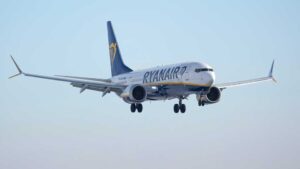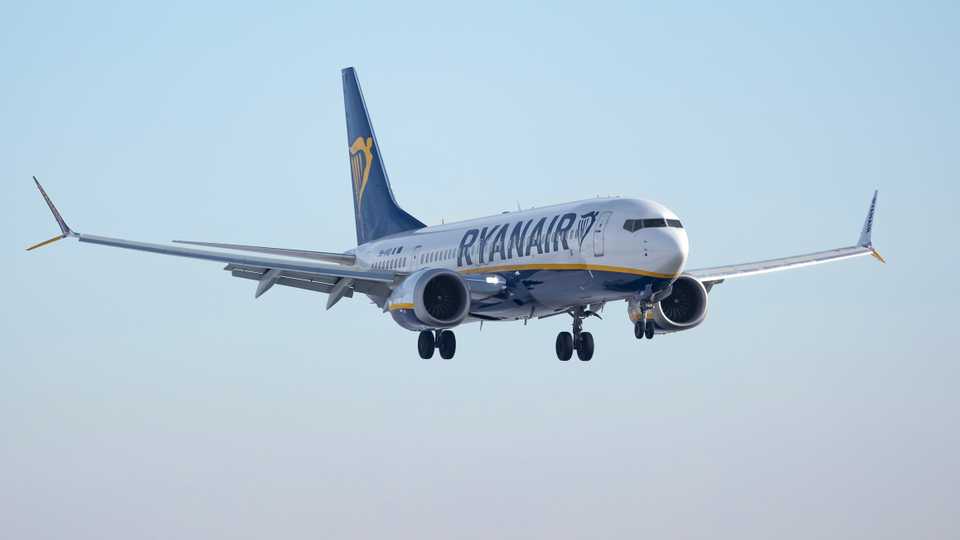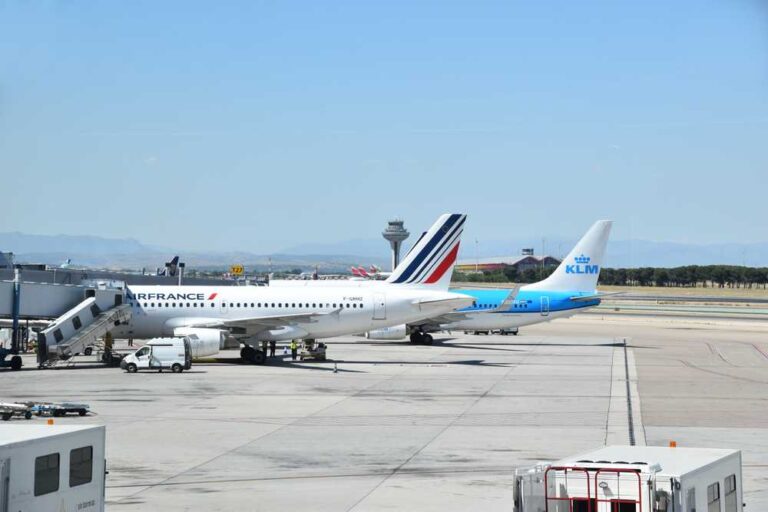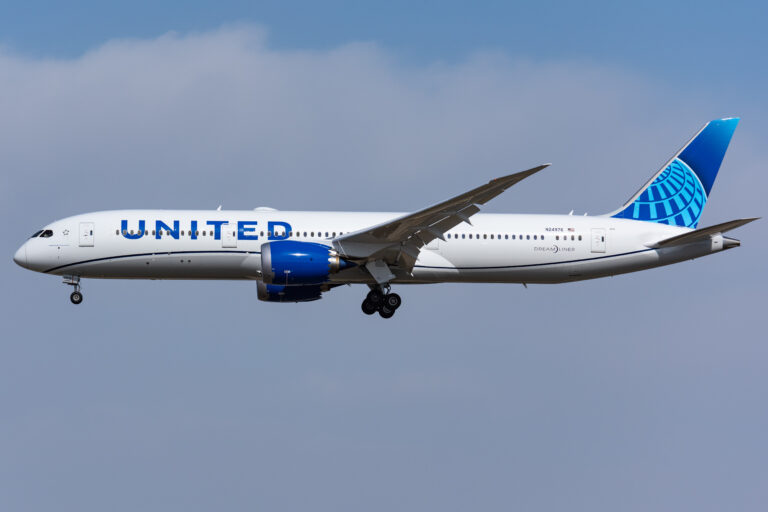Multiple Flights Divert After Ryanair Bird Strike Closes Runway At Manchester Airport
On October 7, a Ryanair aircraft encountered a bird strike during takeoff at Manchester Airport , leading to an immediate runway closure and causing multiple flights to divert to nearby airports such as Liverpool and Birmingham.
The incident occurred on runway 23R, which was shut down temporarily for safety inspections and debris clearance. This affected several incoming flights and created a wave of disruptions for passengers and airlines.
A rapid response but widespread impact
The bird strike forced the closure of runway 23R for approximately 20 minutes as airport officials acted quickly to clear the affected area. During this time, Manchester Airport’s ground teams mobilized to ensure that the runway was free of any potential hazards before it could be reopened.
Despite the relatively short duration of the closure, the disruption had a significant impact on the airport’s operations. Flights operated by various airlines, including Jet2 , easyJet , British Airways , and Eurowings , were instructed to either enter holding patterns or divert to other airports due to the uncertainty surrounding the runway’s reopening.
Several other flights from popular European destinations such as Paris, Munich, and Amsterdam were also affected, leading to extended travel times and creating additional challenges for passengers and crews alike. Even after the runway reopened at around 20:20 BST, the incident continued to cause delays well into the evening, as flights that had been rerouted needed to be repositioned back to Manchester, creating a logistical puzzle for airlines.
Passengers on the affected flights faced delays ranging from 30 minutes to several hours, depending on their location and the availability of alternate landing sites. Those who were redirected to Liverpool or Birmingham had to wait for additional arrangements to be made to bring them back to Manchester. In the case of the Jet2 flight, the diversion added an extra two hours to the passengers’ travel time. Although no injuries were reported, the situation caused significant frustration for both travelers and airline personnel.
Renewed focus on wildlife management
Bird strikes, while relatively rare, remain a critical concern for airport operations worldwide. They pose a safety risk that can range from minor damage to severe impacts on an aircraft’s engines, requiring emergency landings or more drastic measures.
Manchester Airport, like many major international hubs, employs various wildlife control strategies, including habitat management, radar tracking systems, and bird deterrent technologies to mitigate the risk of such incidents.
In the aftermath, Manchester Airport reiterated its commitment to maintaining robust safety protocols and enhancing its wildlife management strategies. The airport emphasized that passenger safety is always the top priority, and every effort is made to prevent similar incidents in the future. For passengers, however, this incident serves as a reminder of the unpredictable nature of air travel disruptions and the complex logistics required to manage them effectively.
In the aftermath, Manchester Airport reiterated its commitment to maintaining robust safety protocols and enhancing its wildlife management strategies. The airport emphasized that passenger safety is always the top priority, and every effort is made to prevent similar incidents in the future. For passengers, however, this incident serves as a reminder of the unpredictable nature of air travel disruptions and the complex logistics required to manage them effectively.

The bird strike incident follows a series of similar occurrences at UK airports in recent months, prompting industry-wide discussions on additional measures that could be implemented to minimize wildlife-related risks, ensuring that passengers and crew members can continue to travel safely and with confidence.






